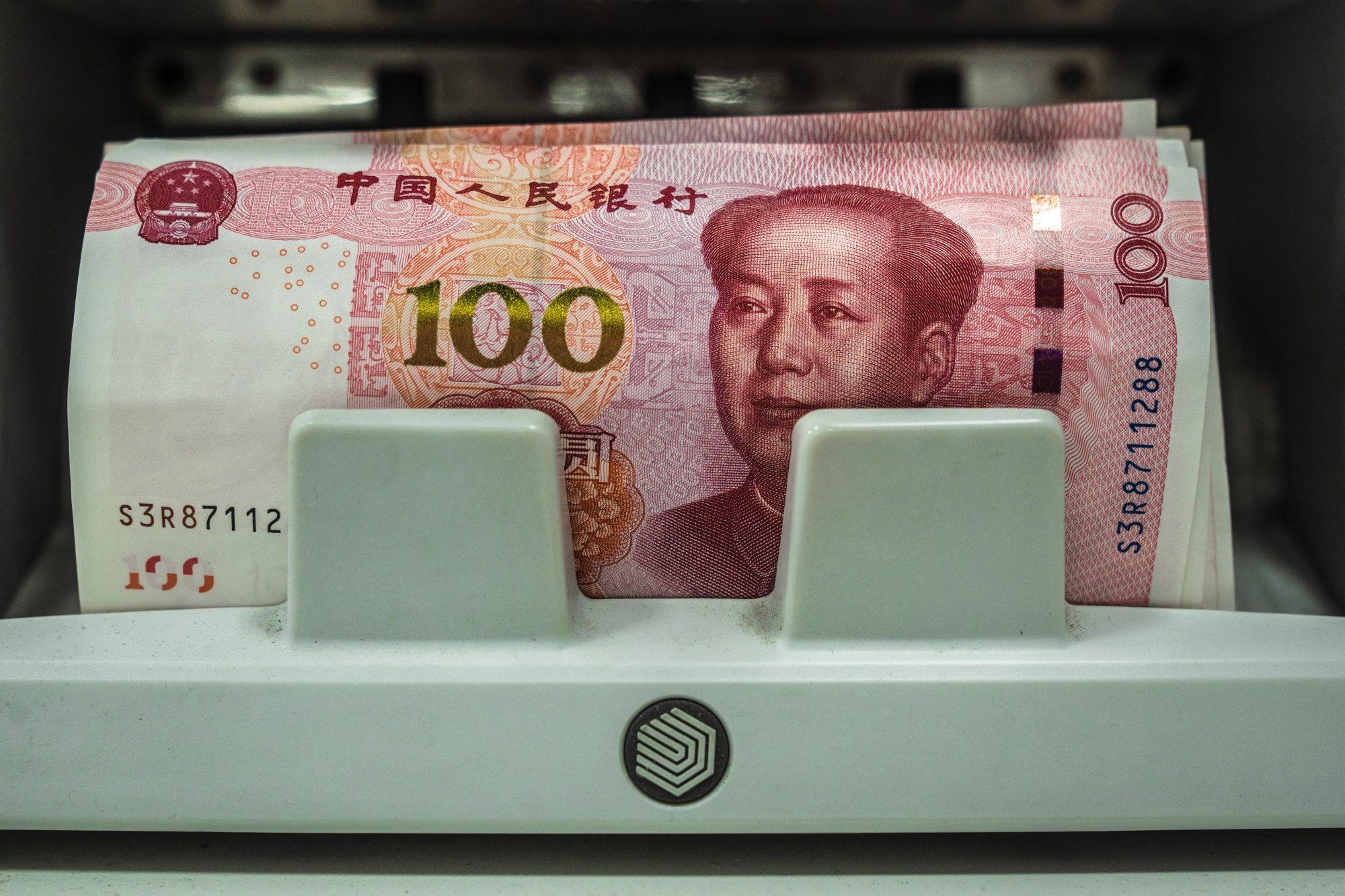Investors cannot generalise about China but should better understand its unique characteristics, as it does not make sense for investors with a long-term view to avoid exposure to the country, said experts at a summit in Hong Kong.
“There’s a lot of people who don’t understand the fact that the Chinese consumer is a cash-oriented investor who doesn’t like debt,” said John Studzinski, vice-chairman of asset manager Pimco, which oversees assets worth US$2 trillion. “And the Chinese-oriented investor is someone who’s very prudent and very conservative.”
Right now China has a very high savings rate, and therefore the retail financial market is developing, he said during a panel discussion at the Endowus Investment Summit on Wednesday. “We actually are quite encouraged by the evolution of capital markets in mainland China,” he added.

“It’s not super bullish,” Lee said during the same panel discussion. “But still, people will take it that stabilisation is in sight. It perhaps will still take quite a bit of time for some excesses to be removed or digested.
“China is the second-biggest economy in the world. It doesn’t make sense for a serious investor with a long-term view not to have exposure.”
Studzinski said the significant government debt in China exists at the local level, not the central government level. “It’s different from what people think,” he said. “There’s an investor communication issue there, which has led a lot of people to be much more cautious.”
Local government debt in China rose by 14.3 per cent on the year to 41.4 trillion yuan (US$5.7 trillion) at the end of February, according to the Ministry of Finance, although the figure does not include so-called hidden debts, including local government financing vehicles.
Beijing has already made efforts to relieve the pressure by suspending infrastructure projects in some of the most indebted provinces and providing funds through transfer payment channels and special treasury bonds.
Global fund managers more upbeat on China stocks after state support: HSBC unit
Global fund managers more upbeat on China stocks after state support: HSBC unit
Pimco is approaching real estate investments in China with appropriate caution given the property crisis, Studzinski said. But many other areas, such as the green industries in the country, are performing well.
He is positive about China in the long term, while taking note of the current challenges.
“We have to be cautious about the short term … until the government looks at some further stimulus to rectify some groups’ current challenges,” he said.
Other speakers agreed that China should be in the asset manager’s portfolio mix.
“It doesn’t mean that you should have a significant allocation to China, but having no China is, I think, a mistake,” Florian Neto, the head of investment for Hong Kong and Taiwan and head of multi-asset for Asia at French asset manager Amundi, said during another panel.
Beijing issues unprecedented guidelines mapping out future of stock market
Beijing issues unprecedented guidelines mapping out future of stock market
“Forget about the short-term pain,” he said, adding that there are attractive Chinese companies to invest in.
Investors should look at companies with high levels of cash in their balance sheets, firms doing share buy-backs and those delivering double-digit revenue, Neto said.
“As a contrarian investor, we get excited when we see big negative numbers on the screen in a market [of stocks] that we don’t own, because that’s usually where the market is capitulating and that’s a buying opportunity,” said Michael Dyer, the investment director at M&G Investments.
Investors need to look for low points in the market and turn them into opportunities, which are characterized by cheap evaluations and extreme pessimism, he said.
The Hang Seng Index, which is down 3.2 per cent this year, is one place that is looking extremely interesting from a tactical perspective, Dyer said.
“You don’t have to have a long-term view on what is going to happen with policy, you just have to have a belief that the terrible is going to get less worse,” he said.





